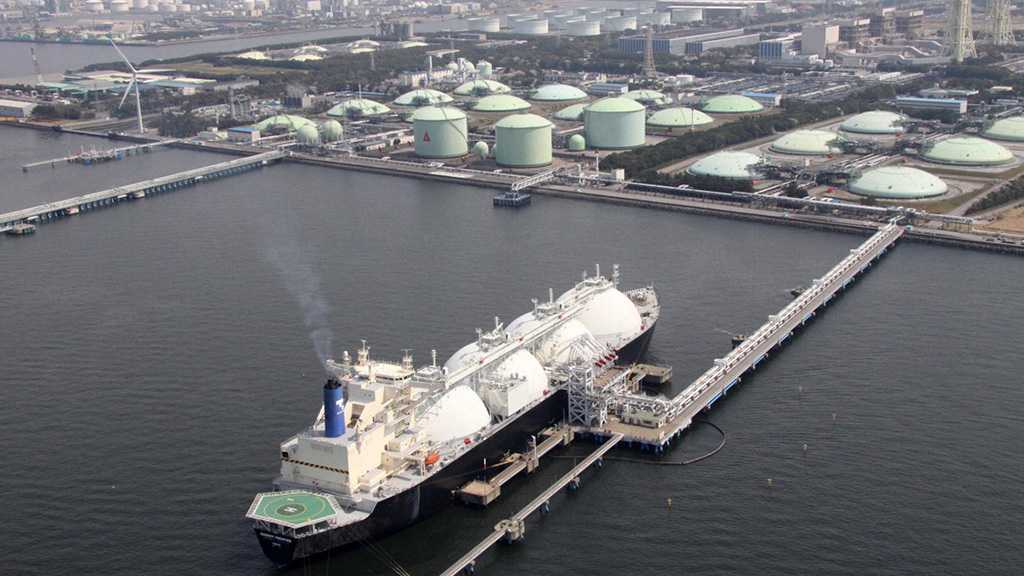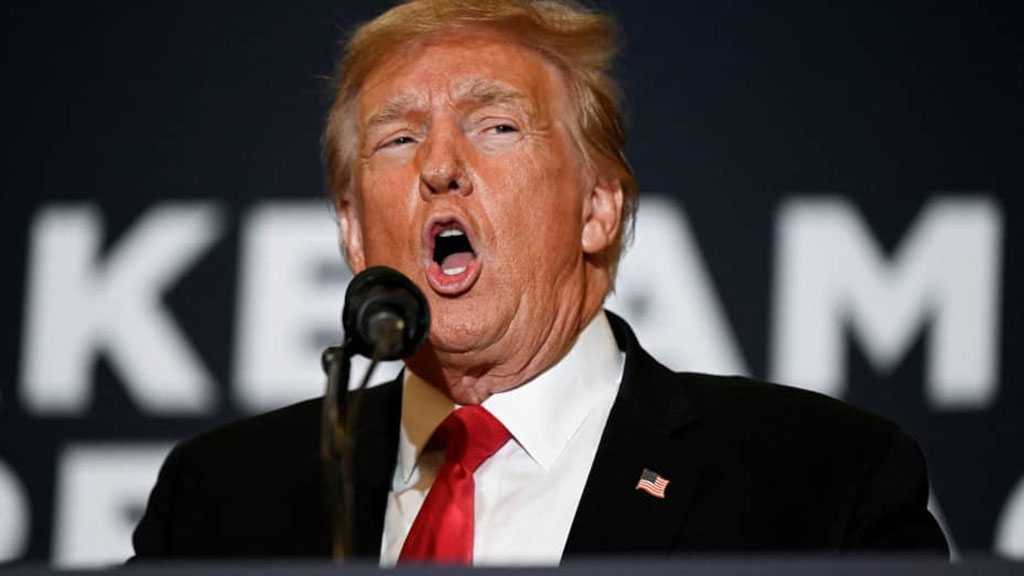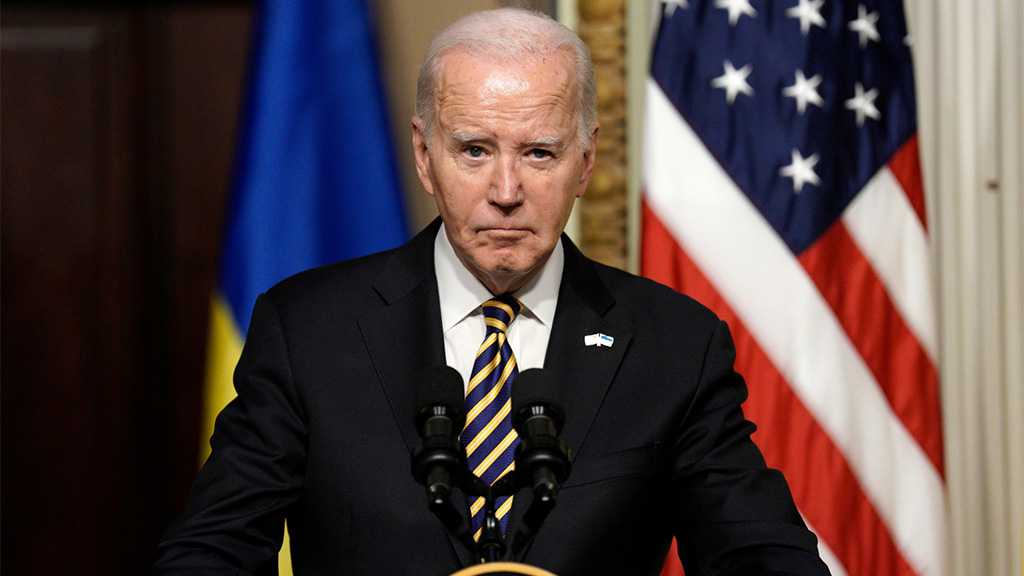
US Treasury: No Price Cap for Russian Crude “Substantially Transformed” Outside of Russia

By Staff, Agencies
The price cap to be imposed on Russian oil will not be applied to crude that is "significantly transformed" outside of Russia, the US Treasury Department announced.
"If, however, after clearing customs, the Russian oil is taken back out on the water [i.e., using maritime transport] without being substantially transformed outside of the Russian Federation, the price cap still applies," the Treasury Department said on Tuesday. "This means any covered services, as listed in the determination, can only be provided by US service providers if such Russian oil is sold at or below the relevant price cap."
Once crude oil is substantially transformed in a jurisdiction other than Russia, it will not be considered to be of Russian origin and so the price cap would no longer be applied, the Treasury Department said.
"Thus, a refiner in a jurisdiction that has not banned the import of Russian oil can purchase crude oil at or below the price cap and rely on US service providers for services related to the maritime transport of that crude oil," it said.
"In addition, such a refiner can subsequently refine the crude oil and then export the refined oil via marine transport, including with the use of US service providers, without that refined oil being subject to the price cap. OFAC does not consider blending of crude oil alone to be substantial transformation for the purpose of the determination."
The department further noted in its bulletin that the US would not import Russian oil under the newly-revealed price cap plan adopted by Washington and allies.
Transactions related to the importation of Russian oil into Bulgaria, Croatia, or any landlocked member of the European Union has also been cleared under the updated Tuesday guidance.
The EU regulation, adopted in June, contained several exemptions with respect to Bulgaria, Croatia and any landlocked EU member states, which have been incorporated in the newly published US guidance on the implementation of the price cap policy on Russian crude oil.
Specifically, Bulgaria was authorized to execute deals concluded before June 4 contracts for the purchase, import, or transfer of seaborne crude oil and petroleum products from Russia between December 5, 2022 and December 31, 2024.
Croatia was authorized to purchase, import, or transfer of vacuum gas oil originating in Russia, if no alternative supply of vacuum gas oil is available, between February 5, 2023, and December 31, 2023.
Starting December 5, the EU also licensed any landlocked member of the bloc to purchase Russian seaborne oil if the supply of crude oil by pipeline from Russia is interrupted until the supply is restored or until the Council of the EU rules to terminate this exemption.
The Treasury's newest guidance on Russian oil transport comes after earlier US media reports indicated that Washington and company were weighing a possible Russian oil price cap of $60 to $70 per barrel.
Comments
- Related News



